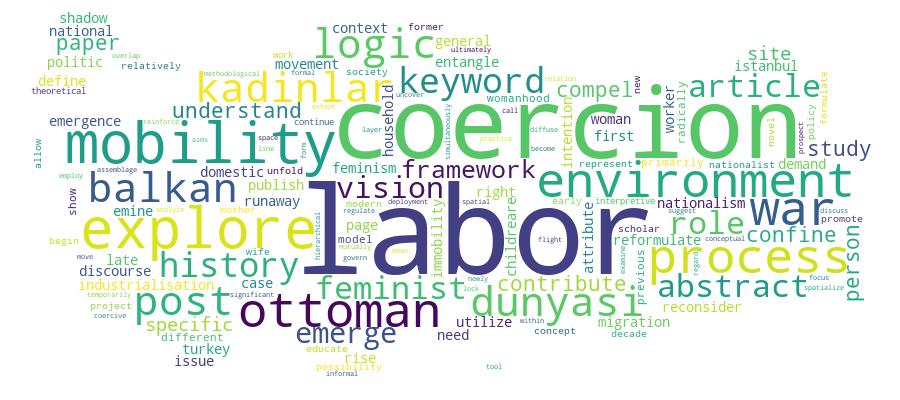Özbek, Müge
Loading...

Profile URL
Name Variants
Müge Ozbek
O., Muge
Müge Özbek
Özbek, M.
Ozbek,M.
ÖZBEK, Müge
M. Özbek
Müge ÖZBEK
ÖZBEK, MÜGE
Ozbek,Muge
Ozbek, Muge
Ö., Müge
O.,Muge
M. Ozbek
MÜGE ÖZBEK
Özbek, Müge
Özbek,M.
Ozbek, Müge
Özbek, MÜGE
Ozbek, M.
Muge, Ozbek
O., Muge
Müge Özbek
Özbek, M.
Ozbek,M.
ÖZBEK, Müge
M. Özbek
Müge ÖZBEK
ÖZBEK, MÜGE
Ozbek,Muge
Ozbek, Muge
Ö., Müge
O.,Muge
M. Ozbek
MÜGE ÖZBEK
Özbek, Müge
Özbek,M.
Ozbek, Müge
Özbek, MÜGE
Ozbek, M.
Muge, Ozbek
Job Title
Dr. Öğr. Üyesi
Email Address
Main Affiliation
Core Program
Status
Current Staff
Website
ORCID ID
Scopus Author ID
Turkish CoHE Profile ID
Google Scholar ID
WoS Researcher ID
Sustainable Development Goals
SDG data is not available

Documents
2
Citations
3
h-index
1

Documents
3
Citations
0

Scholarly Output
4
Articles
2
Views / Downloads
17/1
Supervised MSc Theses
0
Supervised PhD Theses
0
WoS Citation Count
4
Scopus Citation Count
3
WoS h-index
2
Scopus h-index
1
Patents
0
Projects
0
WoS Citations per Publication
1.00
Scopus Citations per Publication
0.75
Open Access Source
2
Supervised Theses
0
Google Analytics Visitor Traffic
| Journal | Count |
|---|---|
| Labor History | 1 |
| Middle Eastern Studies | 1 |
| New Perspectives on Turkey | 1 |
Current Page: 1 / 1
Competency Cloud


